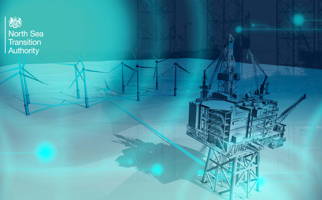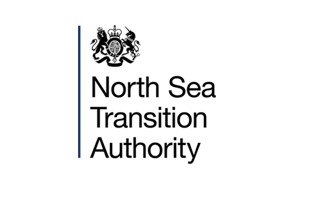
An Autumnal chill is here, bringing thoughts of a cold winter which this year carries a sense of dread for households facing soaring energy bills.
The energy price freeze is welcome, but uncertainty surrounds the coming dark months. Even if Britain can produce and import enough gas and electricity to keep the lights on, will we be able to afford it?
Energy security has long been taken for granted. Now the word “blackout” is prevalent for the first time in decades. Troublingly, Ofgem has warned that the UK faces a risk of shortages due to Russia’s war in Ukraine.
This anxiety may be unwarranted. The government says our energy mix is diverse and National Grid predicts power cuts are unlikely. Fortunately, we are not reliant on Russia like our European counterparts. Most of our gas comes from the North Sea and Norway, and ministers are working to lock in additional, long-term supplies.
Nonetheless, this realisation that we are not where we need to be in terms of energy security has started a blame game, and net zero has taken plenty of criticism.
Net zero is not to blame and is not at odds with security of supply. Much of the planned investment in UK renewable energy projects comes from North Sea oil and gas companies. It isn’t a case of either/or and placing net zero and energy security in opposition is a dangerous mistake.
We need to transition rapidly, but that doesn’t mean the UK should wind down oil and gas production prematurely. The industry has committed to halving emissions by 2030, while continuing to meet a huge proportion of our energy needs. The carbon footprint of UK-produced gas is less than half that of imported LNG. Allowing domestic production to tail off when oil and gas meet three-quarters of UK energy demand would pass more responsibility for tackling climate change to other regions, which we cannot hold to account.
The North Sea is our trump card. It gives us unique advantages, with its rich energy resources, carbon storage capacity and infrastructure ready to be repurposed. The government’s 2021 North Sea Transition Deal with the oil and gas industry shows how to take advantage of the opportunities, including a pledge to ensure that at least half of spending on energy transition projects goes to UK suppliers. It also acknowledges the role gas will play as a bridge to a low-carbon future, giving the sector much-needed political stability.
This approach is paying off, with North Sea emissions reduced by more than 20% between 2018-21. Eliminating wasteful offshore flaring by investing in new equipment is a priority. Reductions in 2021 were enough to meet the gas demand of 130,000 homes – equivalent to a city the size of Aberdeen – for a year, a prime example of security of supply and net zero going hand-in-hand.
North Sea industry will go further on emissions. Electrification – upgrading offshore platforms to run on clean electricity – is essential to meet targets, and two projects should be commissioned by 2027. In addition, the UK’s first carbon storage round has attracted bids from 19 companies.
The NSTA is working with industry to bring new oil and gas projects online. These supplies will reinforce efforts to achieve growth by helping keep businesses open while creating employment for the supply chain. We have just launched an oil and gas licensing round, expected to result in more than 100 licence awards. Priority areas with known gas reserves will be fast-tracked to boost supply quickly. Industry can deliver. The average time between discovery and first production is five years and falling.
The North Sea has underpinned our living standards for 50 years. It will continue to do so. To reach net zero by 2050, we need balanced offshore energy policy which encourages offshore wind, CCS and hydrogen and maximises the role of an oil and gas industry committed to cleaner operations.
So stop imagining conflicts between net zero and energy security. Let’s embrace the way forward to a net-zero, energy secure world – a daunting challenge, but achievable if we come together with open minds.
This op-ed originally appeared in The Press & Journal: Energy security and net zero aren't competing aims (pressandjournal.co.uk)

